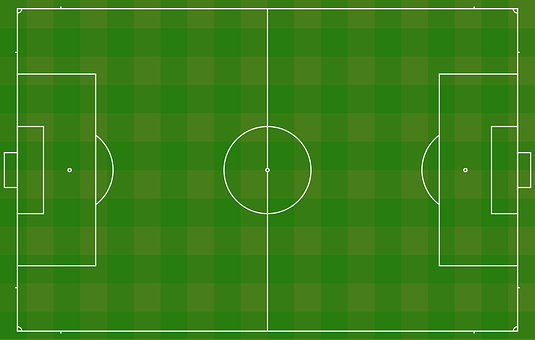A culture-rich, fast-moving city with plentiful opportunity, Liverpool is an exciting place to be currently for game developers and tech startups in general. With areas such as the Baltic Triangle, known as the technology triangle of Liverpool, tying together with the popular university-driven education sector, and alongside the integral commercial district and retail component (one of the most popular nationally for shopping), it’s easy to understand why young professionals and entrepreneurs are veering away from London and looking into other burgeoning areas. Here’s why Liverpool is an exciting space for game development.

The Baltic Triangle
The creative hub for most tech companies in Liverpool, the Baltic Triangle’s abandoned factories and buildings have been rejuvenated by tech companies and clubs, spurring a vibrant atmosphere.
With an increasing number of people’ north-shoring’ (uprooting their businesses from the stagnating south into a more affordable and promising market), and tech companies hungry to start work in Liverpool’s melting pot of new ideas, it is no surprise that property investment companies such as RW Invest are looking forward to the future and presenting options for the tenants of tomorrow, with areas situated within arms reach of this growing hive of talent.
A £70 million planned hotel for within the Baltic Triangle also aims to divert the gaze of tourists and visitors typically staying around the city centre and its retail outlets, promising to offer its own spa and outdoor circuit training terrace while matching the ‘bohemian’ nature of Liverpool’s current creative space.
Game Development Studios
Liverpool wouldn’t be a promising destination for game development without the game development studios themselves. Here are a few key creators:

Milky Tea
Named by Creative England as one of the 50 best up-and-coming companies across film, games, and digital technology, Milky Tea have experience working on games with huge brands such as Sony, Microsoft and Nintendo, and you might remember them for some of their Lloyds TSB adverts, as they also do animation & illustration. Their current project is a game called HyperBrawl Tournament, scheduled for release this year on PC and Nintendo Switch.
Lucid Games
Established in 2011, Lucid Games has a combined 100 years of gaming experience between its founding members. Their recent online sport-combat hybrid is Switchblade, which features an interactive spectator mode for those wanting to broadcast to a broad audience, something that is increasingly becoming a theme in gaming with live streaming platforms such as Twitch.
Wushu Studios
Situated on Parliament Street within the Baltic Triangle, Wushu Studios is a young development company, founded only in 2017, but one with industry veterans that have worked on titles such as MotorStorm and Drive Club. A stone’s throw away from their development peers, and again a testament to the close-knit nature of Liverpool’s technology sector, Lucid Games and Wushu Studios are also in collaboration with each other on different projects.
Alongside this ambitious cluster of studios, Sony also has a PlayStation development arm in Liverpool, providing services such as quality assurance for big, first-party games that require more hands-on-deck.
Blending with the education sector
When discussing young, ambitious tech startups in the city, it is impossible to ignore the schools and facilities that present young people with a great way of getting their foot in the door, and get experience in a field that is only increasing in demand for talent.

The Studio school, situated directly within the Baltic triangle (and thus surrounded by opportunity), is one that partially specifies in teaching children tools for game and software development such as coding and modelling, providing proper equipment and computing software to allow them to experiment with game projects. Students from the school have also been nominated for BAFTA Young Game Designers awards in the past, an exciting prospect for the future.
Liverpool also welcomes game development into the city by exploring it as an art form, inspiring the general public. The Spring 2018 exhibition Roleplay Reality: States of Play at FACT, Liverpool’s ‘Foundation for Art & Creative Technology’, explored different representations of realities within games, and the culture that surrounds them.
